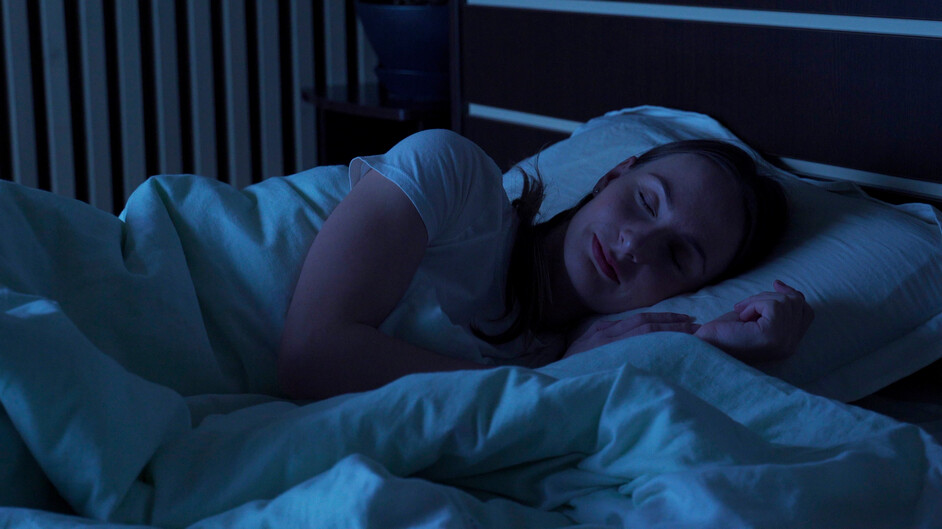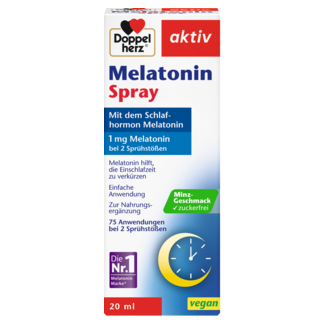Spavanje

Proizvodi za spavanje

Spavanje
Otprilike jedna trećina našeg života posvećena je snu. Kao temeljni aspekt u ljudskom dnevnom rasporedu, san igra vitalnu ulogu u regeneraciji tjelesnih funkcija. Osim toga, odmor nam omogućuje da obradimo i učvrstimo iskustva i znanja stečena tijekom dana.
Naše tijelo se oslanja na san. Međutim, različiti vanjski utjecaji i stres mogu utjecati na kvalitetu sna, točnije na uspavljivanje i dužinu sna.
Čak i naizgled neupadljive navike, poput korištenja pametnih telefona, tableta i prijenosnih računala neposredno prije spavanja, često ometaju zdravu rutinu spavanja. Dobra "mentalna higijena", koja uključuje redovito razmišljanje, pozitivne društvene interakcije u osobnim i profesionalnim okruženjima, mogu pomoći u upravljanju stresom tijekom dana te boljem iskorištavanju perioda odmora.
Prirodni "hormon spavanja", melatonin, pridonosi bržem usnivanju. Melatonin se proizvodi u epifizi, ali da bi došlo do lučenja melatonina važno je da bude mračno. Stoga je izbjegavanje umjetnih izvora svjetlosti poput ekrana ključno tijekom faze uspavljivanja.
Savjeti za zdrav san:
- Izbjegavajte stres ili naučite prikladnu tehniku opuštanja, poput joge, meditacije ili progresivnog opuštanja mišića.
-
Ostanite aktivni i vježbajte tijekom dana kako biste pospješili fizičku i mentalnu regeneraciju, održavajući zdravlje tijela i uma.
-
Neka Vam cilj bude 8-9 sati noćnog odmora.
-
Zdrava i uravnotežena prehrana može olakšati probavni sustav i potaknuti miran san.
-
Odredite prioritete za svoju dobrobit stvaranjem ugodnih uvjeta za spavanje, uključujući dobar madrac, ugodnu temperaturu i osvjetljenje u dobro prozračenoj prostoriji s tihom atmosferom.
-
Smanjite upotrebu pametnih telefona, tableta, TV-a i prijenosnih računala u spavaćoj sobi, posebno neposredno prije spavanja.